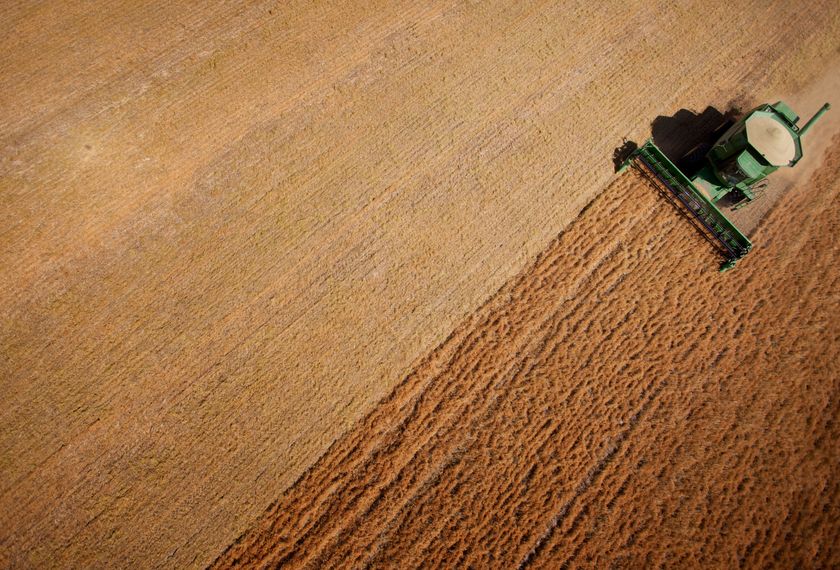
Syngenta has today highlighted results for the third year of The Good Growth Plan, which comprises six commitments for 2020 to support the sustainability of agriculture and the development of rural communities.
In 2016, the seed giant projects enhanced biodiversity and soil conservation on a cumulative 9.2 million hectares of land, creating rich, connected wildlife habitats in 34 countries.
Together, these soil and biodiversity programs cover an area close to the size of Portugal.
A key contribution came from the Soja+Verde project in Brazil, where the multinational is working in partnership with The Nature Conservancy (TNC) on the restoration of rainforest in agricultural landscapes.
To assess its progress on crop productivity, Syngenta collected data from 3,700 farms in 42 countries. This shows that the productivity and resource efficiency of those Reference farms which use Syngenta's protocols were nearly 4% higher than the Benchmark farms.
20 million smallholders by 2020
In addition, the company reached over 16.5 million smallholders with those participating in Reference Farms benefiting from an 8 per cent productivity increase.
Syngenta says this demonstrates the potential of technology and agronomic training to not only help small holders to feed themselves and their families but also improve their livelihoods.
It says it remains confident of achieving the target of reaching 20 million smallholders by 2020.
Over the past year, Syngenta has also trained nearly 7 million people in the safe use of its products, bringing the cumulative total to over 17 million farmers since the plan started – 70 per cent of which are smallholders in developing countries.
Syngenta Chief Executive Officer, Erik Fyrwald, said: “Going forward, we want to evolve the plan further to better understand how farmers can improve the efficiency with which they use water and reduce their carbon emissions. And by continuing to partner with our customers, suppliers and other stakeholders in the food value chain, we will be better able to combine the resources and knowledge required to safely feed the world and take care of our planet”.
